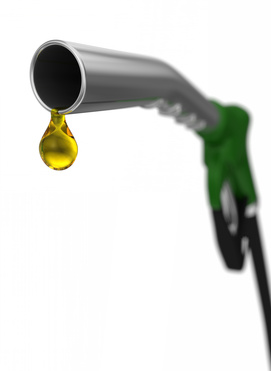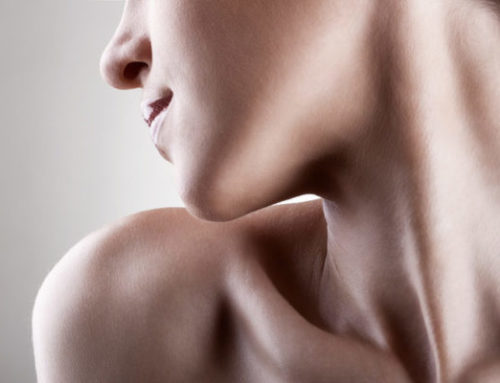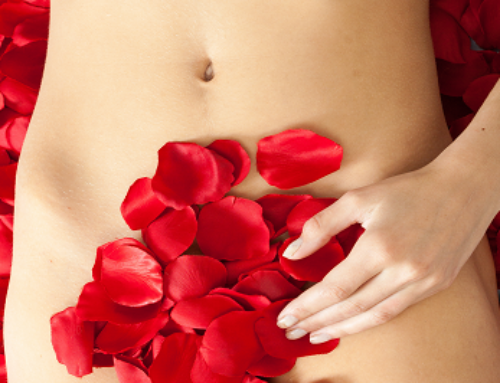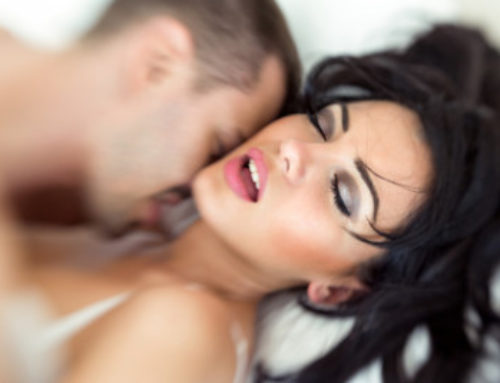A man’s prostate gland is located just below the urinary bladder and is responsible for producing alkaline fluid that mixes with sperm and secretions from the seminal vesicles to make up semen. Normally, a man is not really aware of his prostate unless he has prostate stimulation with his partner (see post on Prostate Stimulation) or he starts having symptoms. It surrounds the urethra as it exits from the bladder and has an opening to the urethra so that the semen flows through during orgasm.
Although most men don’t experience any difficulties with their prostate until the later decades of life, some younger men can develop acute or chronic prostate difficulties as well. It is important to recognize the symptoms of prostate difficulties at any age because the sooner that difficulties are addressed, the quicker that difficulties can be halted or reversed. Symptoms related to prostate difficulties include:
• difficulty starting urination (hesitancy)
• frequent urination
• dribbling (drops of urine that drip after finishing urination)
• difficulty ejaculating
• urgent need to urinate
Benign Prostate Hyperplasia (BPH) is the most common reason for prostatic difficulties usually starting in a man’s 50’s – 60’s and continuing throughout his life. Not only does the prostate start to enlarge in an outward direction, but also starts to press inward, creating more pressure on the urethra. This results in more pressure needed to start urination and the feeling that a man has to push to get the flow of urine started. Because urinating becomes more difficult as the pressure continues to increase, there comes a point where a man cannot completely empty his bladder each time he urinates. Since he already has some urine in there, it takes much less time to fill up his bladder again and then he has to urinate soon after. This also contributes to a man having to get up at night to urinate frequently as well. A couple of drops of urine can also remain in the urethra which then dribble out after he has stopped. This increased pressure on the urethra can also interfere with ejaculation, making it uncomfortable, painful, or even make it detour into the bladder.
There are several treatment options for BPH available and symptoms should be evaluated as soon as possible. Some degree of BPH is almost always present if a man gets old enough, but a combination of medications and lifestyle changes helps keep the symptoms manageable. In some cases, BPH can convert into prostate cancer, so all cases should be evaluated by an urologist and followed periodically. The earlier that any cancer is found, the more easily and completely it can be treated and the better their prognosis.
In younger and middle-aged men, prostatitis is often the culprit when there are difficulties. Prostatitis refers to an infection of the prostate which results in swelling of the tissues, thereby producing symptoms. Infections of the prostate can be either acute (short duration and quick onset) or chronic (long-standing and pervasive). In addition to the symptoms listed above, prostatitis can present with:
• pain behind the testicles or in the pelvis or lower back (especially when seated for long periods)
• discomfort or pain in the penis or testicles
• pain or burning when urinating
• sense of heaviness in or behind the testicles
In more severe cases, a man may also have fever, chills, nausea, or vomiting. Bacterial or parasitic prostatitis can be sexually transmitted or due to improper hygiene. These types of prostatitis are treated with medications, but can often be difficult to resolve and it’s not uncommon to be on treatment for several weeks to months. Although prostatitis is often caused by infection, there are cases of prostatitis where no bacteria or parasites are found.
Lifestyle changes are also recommended such as weight loss if a person is overweight, sit on a pillow or soft cushion, avoid sitting for periods longer than one hour without some walking for a few minutes in between, avoid cycling or change your saddle when riding, and avoid alcohol and spicy foods. Also, there are urologists who recommend periodic ejaculation at least once every other day. This can be accomplished by masturbation if sexual activity with a partner is not occurring this frequently. Sometimes an urologist will perform a prostate massage during treatment to increase circulation and help increase the availability of medication to the prostate tissue.






Leave A Comment